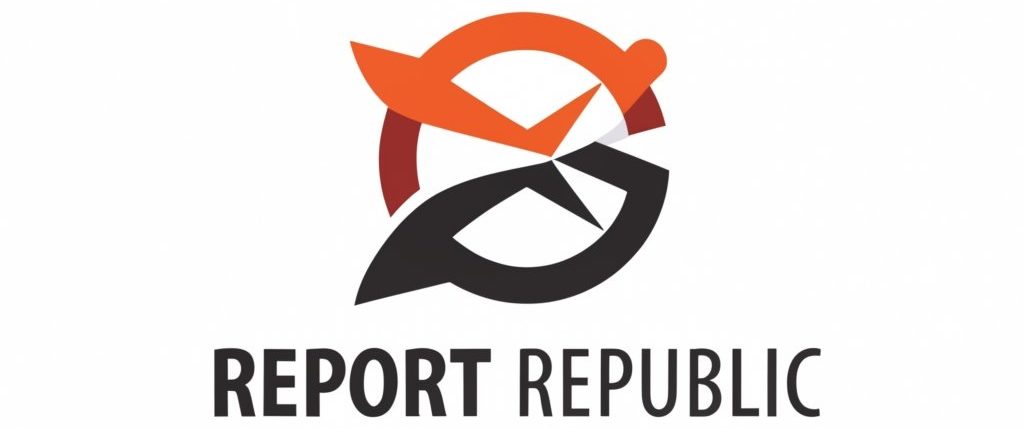In recent years, many Indian students have been opting to pursue their MBBS degrees in Nepal due to various factors such as affordable tuition fees, quality education, and the ease of admission. With popular destinations like Kathmandu Medical College and Devdaha Medical College & Research Institute offering top-notch medical programs, it is no wonder that more and more students are choosing to study MBBS in Nepal. However, like any study abroad experience, some challenges come with studying in a foreign country.
In this blog post, we will explore the challenges of pursuing an MBBS in Nepal for Indian students in 2024 and provide practical solutions to overcome them.
Understanding the Academic Differences
One challenge Indian students might face when studying MBBS in Nepal is getting used to a different academic system. The way classes are taught, how exams are given, and what’s expected in courses might not be what students are accustomed to back home. To tackle this, it’s a good idea to get involved early. Students can attend any orientation programs, ask teachers for advice, and join study groups. These steps can help students adjust quicker to the new academic setting, ensuring they keep up with their studies and succeed in their MBBS program.
Take a Closer Look at Kathmandu Medical College and Devdaha Medical College & Research Institute
A closer look at Kathmandu Medical College and Devdaha Medical College & Research Institute offers insight into two of Nepal’s prestigious institutions where Indian students can pursue their MBBS degrees. Kathmandu Medical College, nestled in the heart of Nepal’s capital, is known for its modern facilities, experienced faculty, and curriculum designed to meet international standards. This college provides a strong foundation in medical education and focuses on practical, hands-on experiences that prepare students for real-world challenges.
On the other hand, Devdaha Medical College & Research Institute, located in a serene setting away from the bustling city life, offers a unique environment conducive to learning and personal growth. With a commitment to excellence in medical education and research, this college emphasizes the importance of holistic patient care and community service. Students here benefit from state-of-the-art laboratories, a diverse patient pool for clinical practice, and community-based learning opportunities.
Both institutions attract Indian students with their affordable fees, quality education, and welcoming atmosphere towards international students. Studying at either college provides a pathway to becoming a competent, compassionate healthcare professional ready to make a difference in the world.
Navigating the Language Barrier
A common challenge for Indian students in Nepal is the language barrier. Even though many people in Nepal speak English, there can still be times when communicating with patients and others may be hard. To get better at this, students can sign up for language courses, practice speaking with locals, and dive into the local way of life. This helps not just in understanding and speaking the language but also in getting to know the culture better. Engaging in daily conversations, asking questions, and not being afraid to make mistakes are key. This approach will boost confidence and skill in communicating effectively, ensuring a smoother academic and social experience in Nepal.
Adjusting to the Cultural and Social Environment
Stepping into a new country to study MBBS means you’ll meet new traditions and ways of life, which might feel quite different from back home. For Indian students in Nepal, getting used to new cultural practices and social habits is a part of the journey. A good way to start blending in is by joining local festivals and community events. This not only gives a taste of Nepali culture but also opens up opportunities to make friends outside of the college. Venturing out into the city, trying local foods, and visiting places of interest can also help better understand the local way of life.
Remember, building friendships with fellow students from Nepal can be a bridge to feeling more at home. They can introduce you to local customs, help you understand the dos and don’ts in social settings, and might even become your lifelong friends. Embracing these new experiences with an open mind is key to enjoying your time studying MBBS in Nepal and growing personally and culturally.
Finding Accommodation and Managing Finances
Indian students can face a few hurdles when it comes to finding a place to live and handling money matters while studying MBBS in Nepal. A smart approach is to start looking for housing options early. Many students opt for hostels or shared apartments as they are budget-friendly and offer a chance to connect with other students. Websites and local contacts can be useful for finding suitable places to stay.
Creating a monthly budget is crucial for managing finances. This should include rent, food, transportation, and a little extra for emergencies or leisure activities. It’s helpful to talk with seniors or alumni about how much to budget for living expenses in Nepal. Additionally, students should explore scholarship opportunities or part-time job options to ease financial burdens.
To avoid unexpected expenses, students should also learn about the cost of living in different areas of Nepal. Cities like Kathmandal may have higher living costs compared to other regions. By planning ahead and making informed decisions, students can enjoy their MBBS journey in Nepal without the stress of financial or accommodation issues.
Career Opportunities After Graduation
Once Indian students wrap up their MBBS degree in Nepal, the path to starting a career might seem a bit daunting. However, being proactive and well-informed can smooth out the bumps. First off, understanding the requirements to practice medicine in India is crucial. This means getting a clear grasp of the licensing examinations and the registration process with the Indian medical board. Next, leveraging internship opportunities can provide hands-on experience, making you more attractive to employers. Don’t hesitate to reach out to professionals in the field through networking events or online platforms. Sharing your journey and learning from theirs can open doors to potential job openings.
Additionally, staying alert to job prospects in both private and public healthcare sectors in India is important. Keep an eye on vacancies in hospitals and clinics, and consider how your MBBS degree from Nepal positions you uniquely. Remember, your education has equipped you with a global perspective and understanding of diverse medical practices, which is a valuable asset in today’s healthcare landscape. By actively engaging in these steps, you’ll not only navigate the transition back home more smoothly but also pave the way for a successful career in medicine.
Wrapping up
Embarking on the MBBS journey in Nepal offers Indian students a blend of high-quality education, enriching cultural experiences, and promising career pathways. By proactively addressing the challenges outlined and adopting the suggested solutions, students can fully embrace and maximize their overseas education experience. It’s all about approaching each obstacle with a can-do attitude, staying open to new experiences, and leveraging the resources available. Doing so will not only ensure a smooth academic journey but also lay a solid foundation for a successful career in medicine. Embrace the adventure, stay focused on your goals, and let your MBBS journey in Nepal be a stepping stone to achieving your dreams in the medical field.

